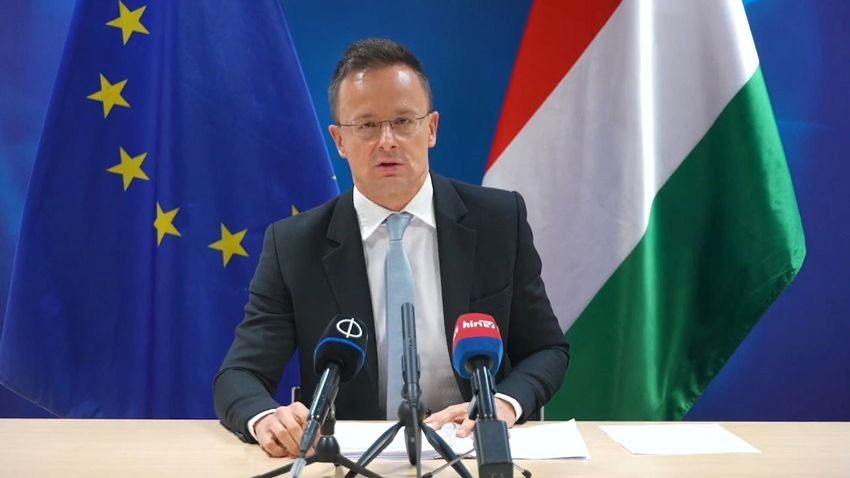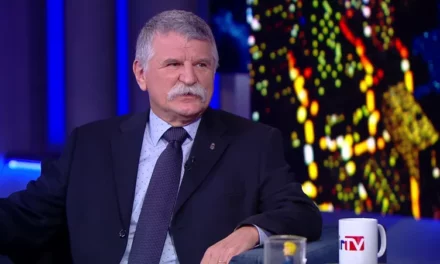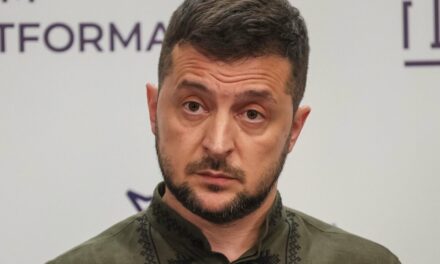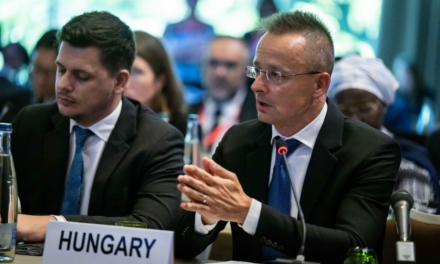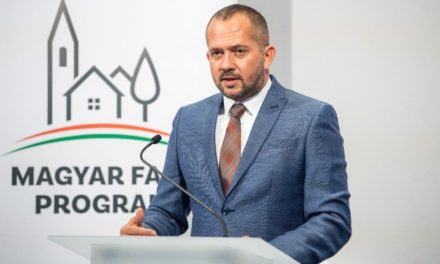The Hungarian government considers it outrageous and firmly rejects the accusations that the Russian narrative is being used in connection with European Union sanctions, Minister of Foreign Affairs and Trade Péter Szijjártó stated in Brussels on Monday, reports MTI.
According to the statement of the Ministry of Foreign Affairs and Trade, the head of the department reported during the break of the EU foreign affairs council meeting that "there was an ideological debate overheated with emotions, where there was not much room for common sense and rationality" about the events in Ukraine and their impact.
He called the comparison of whether the European Union provides sufficient support to Ukraine compared to the United States an "unnecessary and artificially created competition".
In this regard, he pointed out that there is no economy in the world that would suffer from sanctions as much as the EU, where inflation has skyrocketed. "And of course we also know exactly who benefits from this," he said.
In his words, moreover, the punitive measures ordered did not fulfill the hopes attached to them in the least, they did not help to end the war sooner, however, on Monday there were already those who "disputed the existence of this argument".
Péter Szijjártó pointed out that in the discussion about the possible ninth sanctions package, "some went so far as to say that those who talk about sanctions not working are using the Russian narrative".
"This is outrageous, it must be rejected as firmly as possible," he emphasized. "Others may not understand this, but we don't care what the Russians think about what we say. I don't care what they think in Brussels about what we say and think.
We are interested in one thing, to be able to look at all existing issues through our own national interests," he underlined. "You really have to stand with both feet on the ground [...] you really have to see that the sanctions cause extraordinary damage to the operation of the European economy," he opined.
The minister stated that there is no legitimacy to the arguments about why there should not be direct or indirect negotiations between the participants in the war.
"Peace is needed, peace negotiations are needed, and for this the participants in the war must talk to each other, and that is as soon as possible," he warned.
Regarding the planned financing aid program for Ukraine, he reiterated that Hungary is ready to continue supporting Kyiv, but will not contribute to joint European borrowing exclusively on a bilateral basis. "The common future is not in the direction of common debt," he said.
"We started supporting Ukraine much earlier than those who now proudly present themselves in Europe as Ukraine's best friends," he added. Péter Szijjártó also touched on the agenda item on cooperation between the EU and African countries.
He emphasized that the continent, and Hungary in particular, is under double pressure, due to the war from the east and illegal immigration from the south.
As he said, borders must be protected, human trafficking networks that violate the sovereignty of European countries must be dealt with harshly, and African states must be supported in eradicating the root causes of migration.
Speaking about migrant rescue ships in the Mediterranean, he stated that "those who operate these ships with human rights references are none other than human trafficking networks."
In response to a journalist's question, he described as "political blackmail" the decision in which the German federal parliament supported last week that the EU disburse 7.5 billion euros less money to Hungary due to corruption and rule of law problems.
Source: MTI
Featured image and video: Facebook

